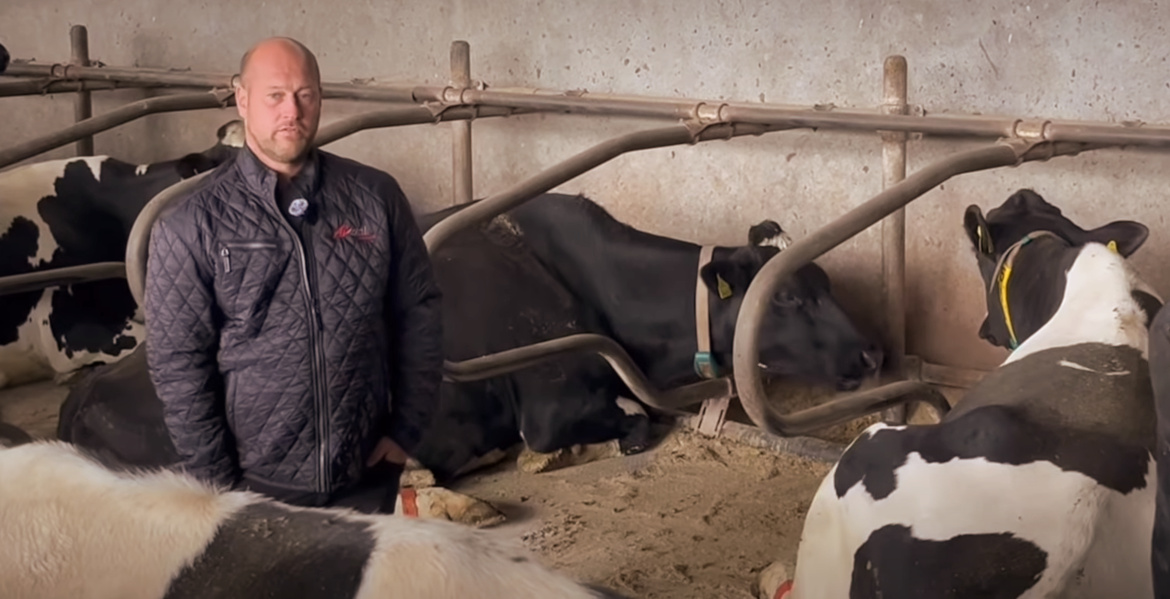The Danish sperm bank Donor Network rejects men with an IQ below 85 from donating sperm. Those with criminal records are also rejected, meaning nearly one in five potential donors are screened out.
The sperm bank justifies the decision as reducing the risk of children being born with lower cognitive abilities – something that provides customers with greater reassurance. Around 18 percent of potential donors are rejected due to insufficient intelligence.
— This is not an elite project, and we haven't done it to position ourselves or exclude 20 percent of donors. I just don't think it's ethically acceptable to sell something I can't stand behind, says director Jakob Schöllhammer Knudsen to Danish public broadcaster DR.
Denmark is a leading country in sperm donation, and the majority of Donor Network's products are sold abroad. Donor profiles have evolved from basic information about ethnicity, hair and eye color to include comprehensive personality descriptions. Donor Network's profiles span 25-30 pages with psychological assessments, cognitive profiles and personality tests.
Daniela Cutas, lecturer in medical ethics at Lund University in southern Sweden, believes it is reasonable to screen donors for certain hereditary diseases. She points to several cases where donors with cancer genes or diseases have affected children, which could have been avoided. But IQ screening and filtering based on criminal records is more problematic, she argues.
— A high IQ or a criminal record are in themselves unreliable indicators of a donor's potential or character, she says.
According to DR, an IQ between 80 and 89 indicates an intelligence level below normal, while the average ranges between 90 and 109.







